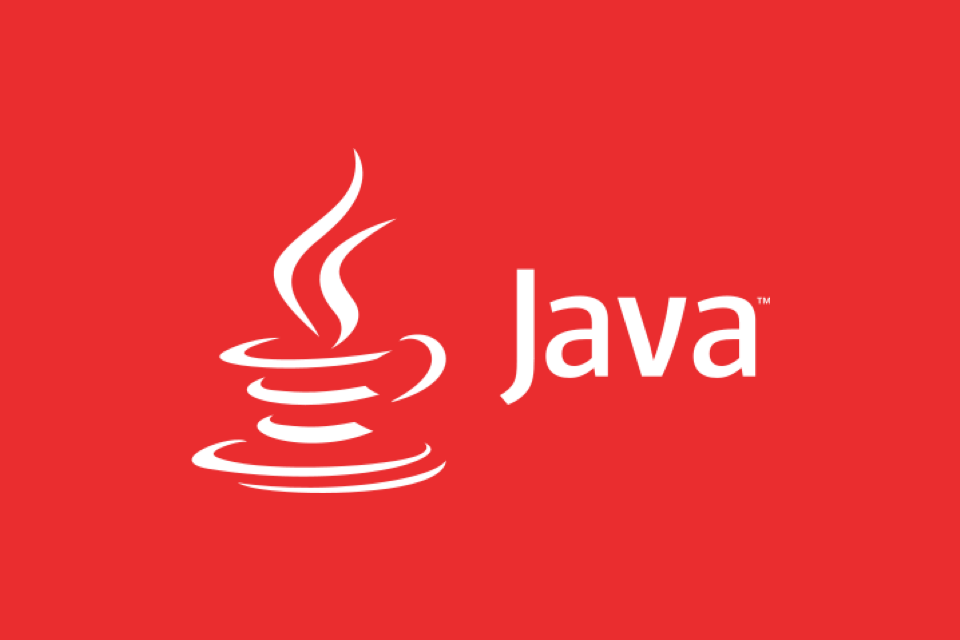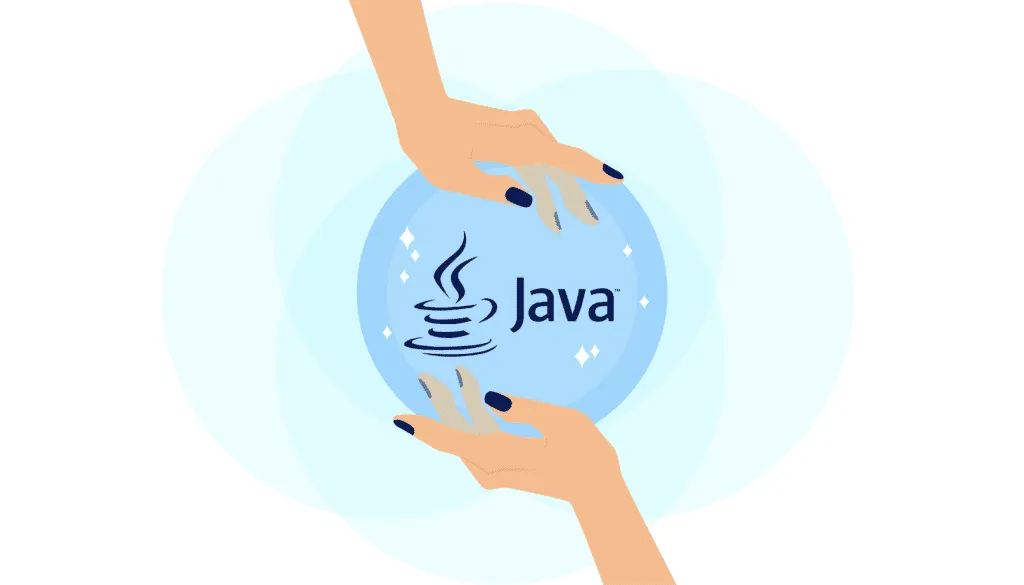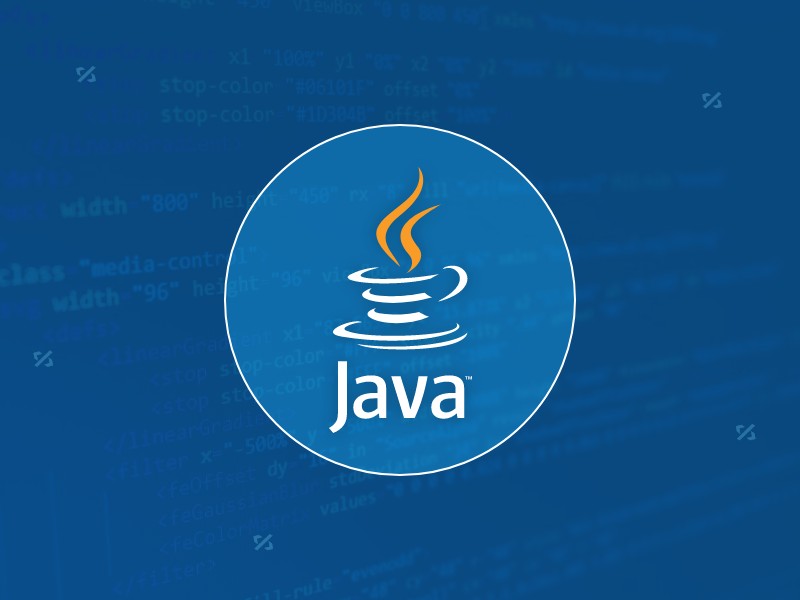Understanding the Java JIT Compiler's Functionality
Jul 06, 2025 am 02:21 AMThe JIT compiler improves Java program performance by dynamically compiling hot code. The process includes: 1. Trigger compilation when the method is frequently called to reach the threshold; 2. Compile the bytecode into machine code; 3. Cache compiled code for reuse. The main influencing factors are: method call frequency, loop body code, JVM parameter settings and code complexity. Observing JIT behavior can be achieved through -XX: PrintCompilation parameters, JMH tools and performance analysis tools. Understanding JIT mechanisms can help optimize critical code paths and improve application performance.

Java's JIT (Just-In-Time) compiler is a key component in Java virtual machine (JVM) to improve program operation efficiency. It does not translate all bytecode into machine code when the program starts, but dynamically compiles and optimizes as needed during operation. This mechanism allows Java applications to take into account both startup speed and execution performance at runtime.

Basic workflow of JIT compiler
The core task of the JIT compiler is to convert Java bytecode into efficient local machine code. This process generally includes the following steps:

- Compilation is triggered when a method is called frequently : The JVM will monitor the number of calls of the method. When the frequency of a method being executed reaches a certain threshold, the JVM considers this code to be "hot-spot code", which will trigger JIT compilation.
- Compile bytecode into machine code : Once recognized as hotspot code, the JVM will call the JIT compiler to compile this part of the bytecode into the local machine instructions.
- Cache compiled code : the compiled machine code will be cached. Next time you execute the same method, you can directly use the compiled version to improve execution efficiency.
This process is done automatically and developers usually don't need to intervene, but understanding its basic logic can help write more efficient applications.
Factors that affect JIT compilation
The JIT compiler does not compile all code, but determines whether to compile based on some runtime metrics. Common influencing factors include:

- Method calling frequency : This is the most core basis for judgment. Only frequently called methods will be compiled by JIT.
- Code in the loop body : If a piece of code is repeatedly executed in a loop body, it may also be recognized as a hotspot code by JIT.
- JVM parameter settings : For example,
-clientand-servermodes will affect the behavior of JIT. JIT will be more actively optimized in-servermode, suitable for long-term server applications. - Code complexity : Methods that are too simple or executed once will not be processed by the JIT and are still executed by the interpreter.
Understanding these factors can help you analyze why some snippets execute quickly while others are slower.
How to observe JIT compilation behavior
If you want to understand what methods JIT has compiled, or want to debug performance issues, you can observe the working status of JIT in the following ways:
- Use the JVM parameter
-XX: PrintCompilationto see which methods are compiled. - Microbenchmark Harness (Java Microbenchmark Harness) tool can more accurately measure performance changes in hotspot codes.
- Use performance analysis tools like JVisualVM or Async Profiler to see how well they are compiled and executed in real time.
It should be noted that the behavior of JIT will vary depending on the JVM implementation, version and running environment. Therefore, it is best to test it in combination with specific scenarios when performing performance tuning.
Basically that's it. Although mastering the working mechanism of JIT is not the knowledge that every Java developer needs to use every day, it is very helpful when troubleshooting performance bottlenecks and optimizing critical path code.
The above is the detailed content of Understanding the Java JIT Compiler's Functionality. For more information, please follow other related articles on the PHP Chinese website!

Hot AI Tools

Undress AI Tool
Undress images for free

Undresser.AI Undress
AI-powered app for creating realistic nude photos

AI Clothes Remover
Online AI tool for removing clothes from photos.

Clothoff.io
AI clothes remover

Video Face Swap
Swap faces in any video effortlessly with our completely free AI face swap tool!

Hot Article

Hot Tools

Notepad++7.3.1
Easy-to-use and free code editor

SublimeText3 Chinese version
Chinese version, very easy to use

Zend Studio 13.0.1
Powerful PHP integrated development environment

Dreamweaver CS6
Visual web development tools

SublimeText3 Mac version
God-level code editing software (SublimeText3)

Hot Topics
 Essential software for C language programming: five good helpers recommended for beginners
Feb 20, 2024 pm 08:18 PM
Essential software for C language programming: five good helpers recommended for beginners
Feb 20, 2024 pm 08:18 PM
C language is a basic and important programming language. For beginners, it is very important to choose appropriate programming software. There are many different C programming software options on the market, but for beginners, it can be a bit confusing to choose which one is right for you. This article will recommend five C language programming software to beginners to help them get started quickly and improve their programming skills. Dev-C++Dev-C++ is a free and open source integrated development environment (IDE), especially suitable for beginners. It is simple and easy to use, integrating editor,
 Golang compiler summary: explore the advantages and disadvantages of various compilers
Jan 19, 2024 am 10:44 AM
Golang compiler summary: explore the advantages and disadvantages of various compilers
Jan 19, 2024 am 10:44 AM
With the development of Golang, more and more compilers have been developed. When choosing a compiler, developers need to consider many factors, such as reliability, performance, ease of use, etc. This article will summarize some common Golang compilers and explore their advantages and disadvantages to help developers better choose the compiler that suits them. Go official compiler Go official compiler is Golang's default compiler and a widely recognized compiler in the Golang community. It has the following advantages: good stability, small size and compilation
 What are the c language compilers?
Jan 26, 2024 pm 12:08 PM
What are the c language compilers?
Jan 26, 2024 pm 12:08 PM
Common C language compilers: 1. GCC; 2. Clang; 3. Microsoft Visual C++ Compiler; 4. Intel C++ Compiler; 5. TinyCC (TCC); 6. Pelles C; 7. Borland C++ Compiler; 8. Solaris Studio ; 9. IBM XL C/C++ Compiler. Detailed introduction: 1. GCC supports multiple programming languages ??and so on.
 Compiler option configuration guide in C++ function performance optimization
Apr 23, 2024 am 11:09 AM
Compiler option configuration guide in C++ function performance optimization
Apr 23, 2024 am 11:09 AM
The best compiler options for optimizing C++ function performance are: Optimization level: O2 Function inlining: -finline-functions Loop unrolling: -funroll-loops Auto-vectorization: -ftree-vectorize Threading: -fopenmp
 Commonly used Java software tools, necessary to improve development efficiency
Dec 23, 2023 pm 12:18 PM
Commonly used Java software tools, necessary to improve development efficiency
Dec 23, 2023 pm 12:18 PM
Essential Java software tools: Commonly used Java software to improve development efficiency Introduction: With the popularity of the Java language and the expansion of its application scope, more and more people in the growing Java developer community are paying attention to how to improve development efficiency. This article will introduce some commonly used Java software tools, which can help developers simplify the development process, improve code quality, and have code examples. I believe that by using these tools, developers can get twice the result with half the effort and improve work efficiency. 1. IDE tool IDE (Inte
 Comprehensive comparison of Go language compilers: Who has the advantage?
Feb 18, 2024 pm 01:07 PM
Comprehensive comparison of Go language compilers: Who has the advantage?
Feb 18, 2024 pm 01:07 PM
As an open source static language, Go language is favored by programmers for its simplicity, efficiency and ease of concurrent programming. As one of the key links in program running, the compiler is also an important factor affecting program performance and development efficiency. In the field of Go language, there are currently two well-known compilers, namely the official GC compiler and the LLVM-based gccgo compiler. Both compilers have their own advantages and disadvantages. Let’s compare them today to see which one is better. First, let's introduce the official GC compiler. GC editor
 Discussion on the principle analysis and application of Go language compiler
Mar 10, 2024 pm 10:39 PM
Discussion on the principle analysis and application of Go language compiler
Mar 10, 2024 pm 10:39 PM
Analysis and application discussion of Go language compiler principles 1. Basic principles of Go language compiler Go language is an efficient, reliable and simple programming language used by developers, and it also has parallelism and concurrency. The compiler of the Go language is a key tool for converting the Go language code into an executable file that can be run on the computer. The Go language compiler is mainly divided into four parts: lexical analyzer, syntax analyzer, type checker and code generator. Below I will analyze the principles of these four parts one by one. lexical analyzer lexical analyzer negative
 PHP development: Use a compiler to solve PHP code execution efficiency problems
Jun 14, 2023 am 08:23 AM
PHP development: Use a compiler to solve PHP code execution efficiency problems
Jun 14, 2023 am 08:23 AM
With the development of the Internet, the demand for the development of various websites and applications has become increasingly large, and the use of PHP for Web development has become mainstream. However, in the process of extensive use of PHP, developers also encountered problems with code execution efficiency. In order to solve this problem, using a compiler to improve the execution efficiency of PHP code has become a good solution. 1. Why use a compiler? PHP is a scripting language that interprets and executes. Every time PHP code is executed, the file needs to be parsed into opcode (similar to J






